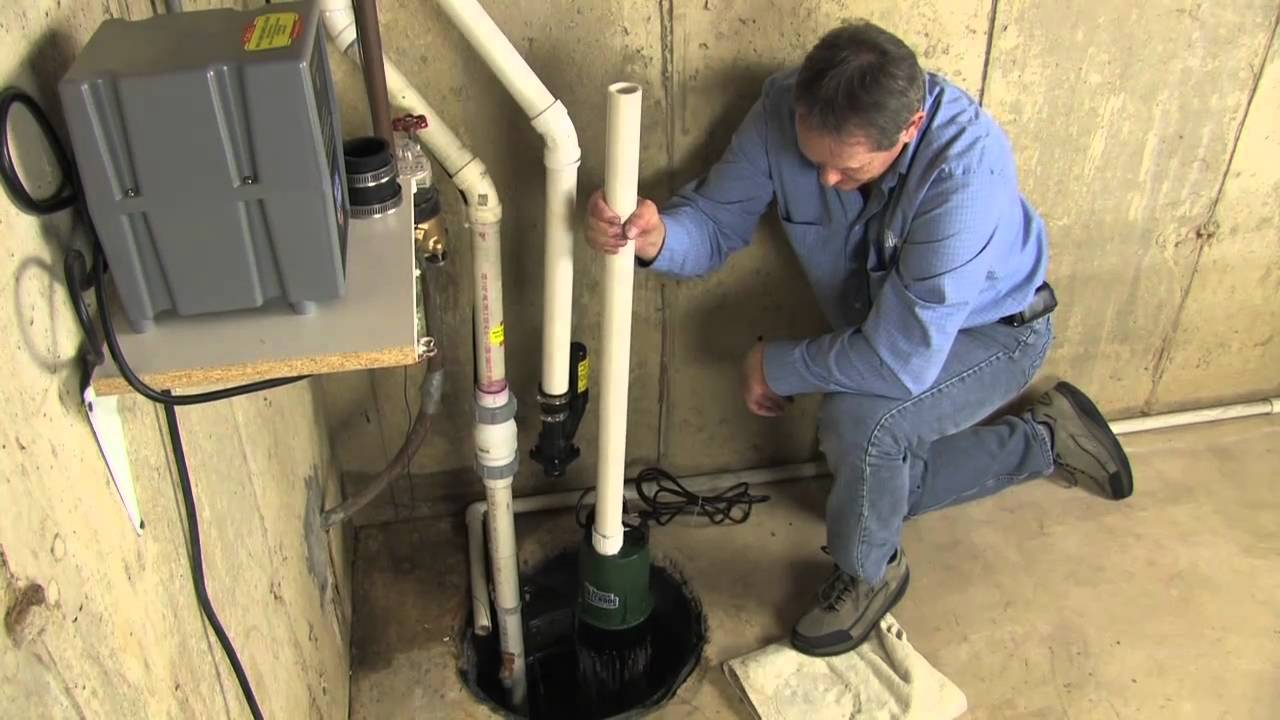Recognizing the Key Parts of Effective Water Purification Solutions

Significance of Water Filtration Systems
Water purification systems play an essential duty in making certain accessibility to clean and safe drinking water by effectively eliminating pollutants and impurities. These systems are necessary in dealing with the expanding worries over water quality and the potential wellness risks related to eating polluted water. By making use of various filtration devices such as reverse osmosis, turned on carbon, and UV sterilization, water purification systems can efficiently get rid of damaging materials like microorganisms, viruses, hefty metals, and chemicals from the water system.
Moreover, water filtering systems assist to improve the taste and smell of water by eliminating chlorine, sediments, and other toxins that can affect its quality. Water Treatment. This enhancement in water quality not just makes it extra tasty but additionally urges individuals to consume an adequate amount of water daily, advertising much better hydration and general health
Kinds Of Purification Components

Physical filters are developed to physically stress out impurities from the water. These filters can be constructed from products like ceramic, carbon, or perhaps sand, and they function by trapping fragments larger than the filter's pores as water passes with.
Chemical filters use different chemical processes to remove impurities from the water. Instances include activated carbon filters, which adsorb impurities, and turn around osmosis membrane layers, which make use of stress to separate impurities from the water.
Organic filters utilize living organisms like algae or microorganisms to damage down raw material and pollutants in the water. These filters are commonly used in wastewater treatment plants or natural water purification systems.
Comprehending the different kinds of filtration components is important for selecting the most suitable water filtration system for particular filtration needs.
Function of Debris Filters
Sediment filters play a critical role in water filtration systems by successfully capturing strong fragments suspended in the water. These filters are commonly the first line of protection in a purification system, getting rid of bigger bits such as sand, silt, dust, and corrosion prior to the reference water moves via finer filtering phases. By capturing these sediments, the filters stop them from reaching downstream components, therefore prolonging the life expectancy and efficiency of the whole system.
Neglecting this upkeep can find out here lead to obstructing, minimized water flow, and endangered filtering performance. Generally, debris filters are indispensable parts that contribute dramatically to the performance of water purification systems.
Duty of Triggered Carbon Filters
Playing a critical function in water filtration systems, turned on carbon filters contribute in eliminating pollutants and contaminants from the water. These filters are created to adsorb and trap a vast array of pollutants, consisting of chlorine, unpredictable organic compounds (VOCs), pesticides, and herbicides. The turned on carbon material has a big area, permitting the effective capturing of pollutants via a process called adsorption. As water goes through the filter, the triggered carbon brings in and holds onto the impurities, making certain that the water that appears beyond is cleaner and more secure for intake.
Turned on carbon filters are extremely effective at boosting the preference and smell of water by reducing chemicals that can influence its high quality. They are likewise with the ability of removing particular hefty metals like lead and mercury. In addition, these filters can assist protect against the build-up of bacteria and algae in water, more improving its general high quality. Because of their convenience and dependability, turned on carbon filters are a key part in guaranteeing that water is detoxified to the highest possible criteria before getting to customers.
Recognizing Reverse Osmosis Equipments
Reverse osmosis systems are innovative water filtration systems that employ a sophisticated procedure to remove impurities and impurities from check out here drinking water. These systems function by applying stress to the water, compeling it through a semi-permeable membrane layer.
One trick benefit of reverse osmosis systems is their capacity to eliminate a vast array of contaminants, including hefty metals, liquified bacteria, solids, and infections. This makes them very effective in enhancing the overall high quality and safety and security of alcohol consumption water. In addition, reverse osmosis systems are fairly low-maintenance and can be installed under the sink or in a main filtration system, offering hassle-free access to tidy water throughout the family. In general, recognizing exactly how reverse osmosis systems function can aid individuals make informed choices about their water filtering demands.
Final Thought
In final thought, effective water filtering systems are important for ensuring tidy and risk-free alcohol consumption water. By understanding the feature and function of each component, people can make informed choices when choosing a water filtration system.
Water filtering systems play a vital duty in guaranteeing access to tidy and secure drinking water by properly getting rid of pollutants and pollutants. By making use of various purification devices such as reverse osmosis, activated carbon, and UV sterilization, water purification systems can successfully eliminate hazardous compounds like bacteria, infections, heavy steels, and chemicals from the water supply.
Debris filters play an essential role in water filtering systems by efficiently catching strong bits suspended in the water (Water Treatment).Playing an important function in water purification systems, turned on carbon filters are critical in removing contaminations and pollutants from the water supply.Reverse osmosis systems are innovative water purification systems that utilize an innovative process to eliminate pollutants and impurities from drinking water